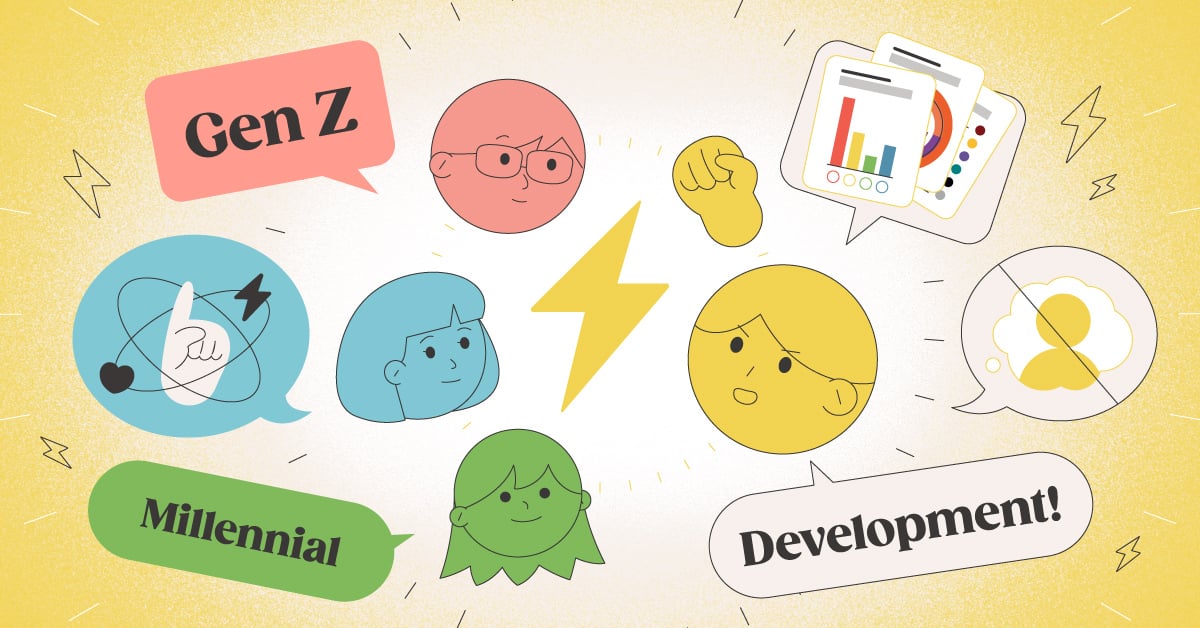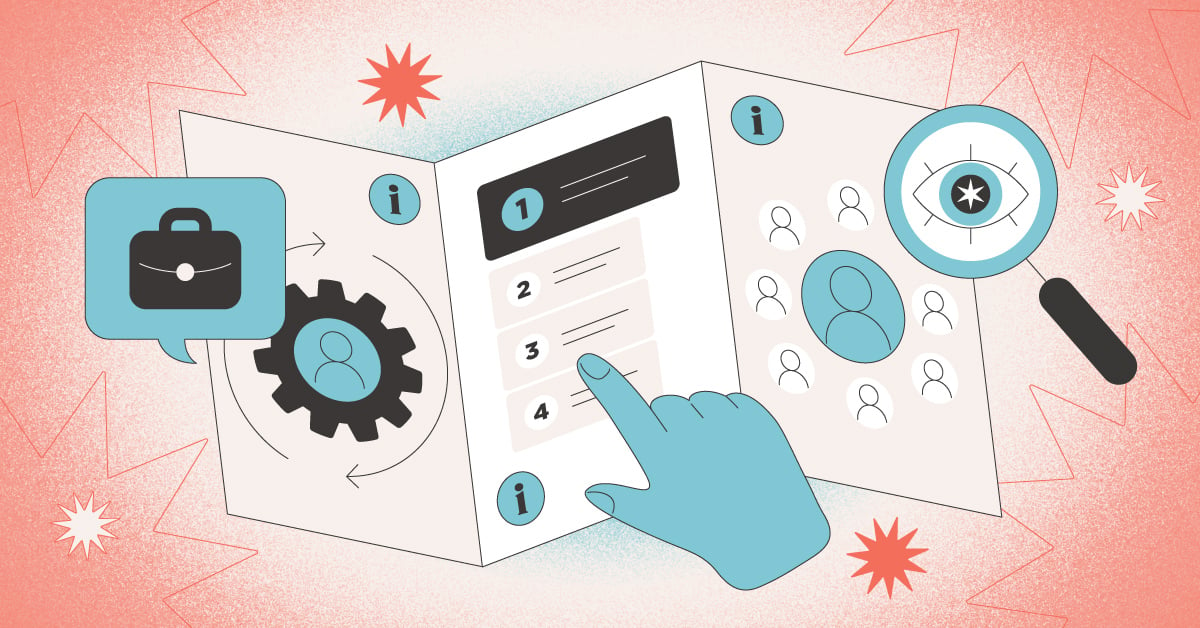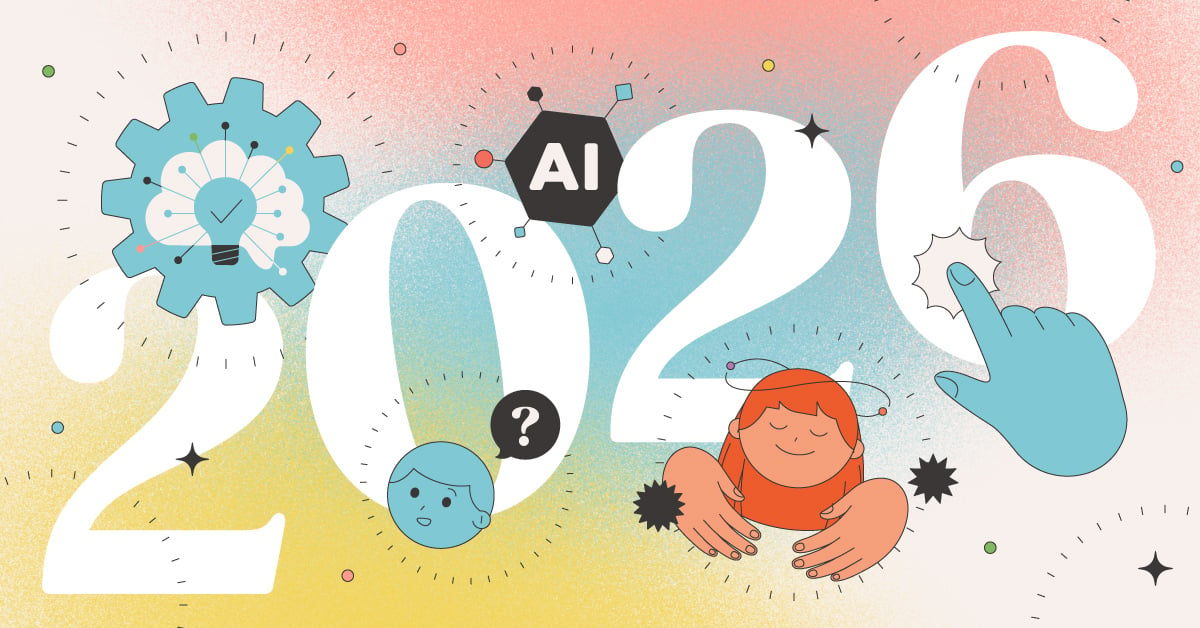
Successful hiring is crucial to business growth, but if you’re like most companies, you’re probably experiencing challenges in this arena. According to Glassdoor, 76% of recruiters say attracting qualified candidates is harder than getting a high number of applicants.
How can you increase your chances of hiring the right candidate from the applicant pool? Focus on understanding both skills and behavioral styles during the hiring process.
What’s the difference between skills and behaviors? Does one matter more than the other during hiring? The answer is: it depends.
Skills are the abilities and knowledge that impact role performance. They include:
- Hard skills, which are defined and trainable, such as technology, language, or industry-specific knowledge.
- Soft skills, which are interpersonal skills, such as communication, self-management, and emotional intelligence.
Behavior is “how you do what you do,” or the observable actions and reactions of an individual.
- Both personality and working style are related to behavior.
The demands of a role will dictate whether skills or behaviors are more important, but it’s important to remember that both should be considered—just in different circumstances.
When Are a Candidate’s Skills More Important?
Highly Specialized Role
If a role requires a very specific skillset, like handling sensitive information or complying with legal regulations, look for demonstrated ability of those skills.
Short-Term or Contract Work
If your organization is hiring a temporary worker or contracting with a specialist, they should be able to complete tasks accurately and efficiently. Behavioral fit is a plus but not necessary when working with someone short-term.
Limited Opportunity to Train
When a role needs to be filled urgently, and the new hire must hit the ground running, it might be more important to prioritize skill sets over everything else. If a candidate will be expected to prove immediate output without training, prioritize those needed skills over behaviors.
It’s important to consider skills beyond practicality; they affect much more than an individual’s output. “If someone is placed in a job where their skills don’t match what the job needs each day, they’re going to be using much more energy,” said Mindy Bortness, President and Founder of Communication Works, Inc. “They’ll be exhausted by constantly shifting to the needs of that role. The heart and soul of the job may not be met by the heart and soul of the human if there’s a skill misalignment.”
When Do Behaviors Matter More Than Skills?
Teamwork is Crucial to Role Success
Some organizations place a huge emphasis on the cultural fit of their employees. If the success of a role depends on team cohesiveness, like on project-based or cross-functional teams, look for candidates whose behavior aligns with that of their future coworkers.
A Focus on Employee Engagement
If an organization is making their internal talent pipeline a priority, it should focus on matching candidates with roles that support its behavioral styles.
Leadership Roles
While the ability to understand a job is important for leaders, their behavior has more effect on the organization overall. This is because leadership is about influence, not just output. A leader’s success is measured by how well they move others toward goals, not how well they can perform job tasks.
The Balance of Both Skills and Behaviors
Overall, hiring isn’t about choosing between skills or behaviors—it’s about understanding how the two work together to support success.
“The behaviors that TTI Success Insights measures indicate whether someone will be able to develop a certain skill down the line,” explained Kefei Wang, Global Partner Strategy Manager in Marketing & Communications at TTI. “We’re not talking prediction or correlation; we’re talking about increasing awareness.”
Both skills and behavioral styles will impact employee performance, engagement, and team interactions. The best hires come from matching the demands of the role with the right balance of capability and compatibility.
“When people are interviewing, they've got their best mask on,” said Bortness. “From the perspective of the candidate, they’ve got a time frame in which they need to land a job, and they’re choosing the best match within that time frame. The best way for you to determine if they’re the right fit for your organization is to use the right tools to objectively measure the candidate against the role under consideration. You want to add the inside-out view to your outside-in view.”
By considering both what someone knows and how they naturally work, organizations can fill roles effectively and build teams that thrive.
Interested in using assessments in your hiring strategy? TTI can help.



